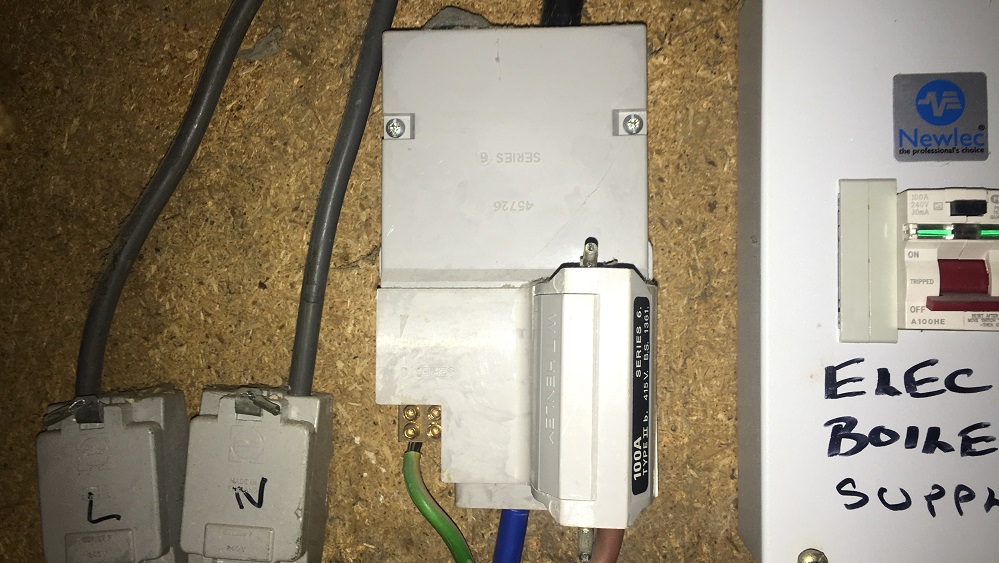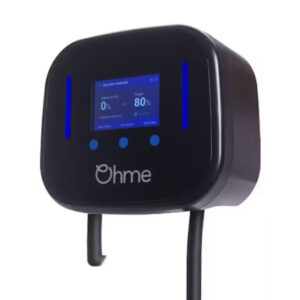Does anyone know the size of their main house fuse?
I agree, its not something most people give a hoot about usually.
Until you need an electric car charge point fitted that is. Which will be lots of us soon, because of the governments impending 2030 ban on new sales of petrol and diesel vehicles.
But why should the size of your main house fuse matter?
Well, it’s all about the type of appliances you have connected to your fuse box (also known as the consumer unit), and the loading this creates on your electricity system.
Most modern houses have the maximum main fuse available (which is 100amp). But some older properties will have an 80amp or even 60amp fuse fitted.
Why is this an issue?
Well, imagine you have an electric power shower fitted and an electric hob, each of these require a 32amp fuse to operate, which is a combined 64amp if used on full power together.
It’s unlikely you’ll have everything on full at the same time, but it won’t take many other smaller house-hold devices to be operating before it trips a 60amp main fuse.
So, adding an electric car charge point with its own 32amp fuse (in this instance) will be refused by your electricity network provider.
Is an 80amp main fuse any better?
Yes, but you’re still likely to require a load management device, (which regulates the power going to the charger) before you’d be able to have a car charger fitted.
Even 100amp main fuse properties, with a sauna or hot tub fitted, along with power showers and an electric hob, may also require a load management device too.
Some good news though. If you want an EV charge point fitting and your electricity network provider say your 60amp fuse needs upgrading, they’ll upgrade it to 80amp for free.
…and as your chosen EV charger installer, we’ll help you through the process.


